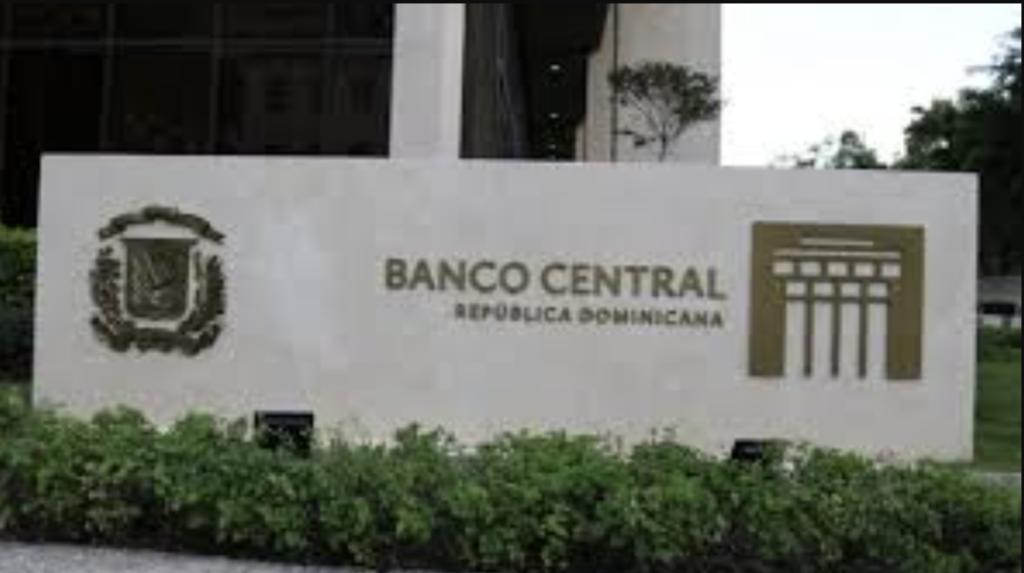
In a move to bolster the resilience of the financial and exchange sectors, the Monetary Board (JM) of the Central Bank of the Dominican Republic (BCRD) has implemented a series of prudential measures. These decisions, made during the board’s session on 24 March 2025, aim to fortify financial intermediaries against a complex and highly uncertain global economic backdrop. The actions come at a time when inflation for March 2025 is reported at a low 0.32%.
The measures were formulated in response to the increasing trend of private sector borrowing in foreign currency, particularly by individuals and entities whose primary income is denominated in Dominican pesos. The board also considered international regulatory benchmarks, including recommendations from the Basel Committee on Banking Supervision and the International Monetary Fund (IMF).
Key prudential measures adopted:
Revised regulations on foreign currency financing: The JM has differentiated access to foreign currency loans based on borrowers’ ability to generate foreign exchange.
Foreign currency generators: Entities with majority earnings from external sources (e.g., tourism, free trade zones, exporters) will have unlimited access to foreign currency loans.
Non-foreign currency generators: These entities will be limited to foreign currency loans totaling up to 25% of their consolidated foreign currency deposits and financing. To access these loans, borrowers must demonstrate sufficient income streams or collateral to cover their obligations. This measure prioritizes access for strategic sectors like energy generation, oil refining, and essential imports, provided they can demonstrate strong repayment capacity. Simultaneously, it aims to moderate foreign currency lending for non-tradeable goods like housing and personal consumption, encouraging these borrowers to utilize local currency financing and reducing the system’s exposure to exchange rate and credit risks.
Increased risk weighting for foreign currency loans to non-generators: To enhance the regulatory solvency of financial institutions, the JM has increased the risk weightings by 1.5 times for foreign currency loans extended to non-foreign currency earners. This will necessitate that these institutions hold a greater capital buffer against such credit operations. This aligns with Basel Committee guidelines, recognizing the elevated risk associated with lending in foreign currency to borrowers whose income is in local currency and the need for stronger bank capital in volatile international markets to better protect depositors.
Adjusted limits on net foreign currency position: The board has revised the limits on the net foreign currency position (the difference between foreign currency assets and liabilities) to a maximum of 25% of the paid-up capital and legal reserves of each financial and exchange intermediary. Additionally, a weekly average increase limit of US$5 million (equivalent to a potential US$25 million increase per week) has been established for this net position. This adjustment seeks to mitigate the potential adverse impact on the financial system’s equity from fluctuations in the Dominican peso’s exchange rate against convertible currencies.
Increased minimum capital requirements for exchange operators: The JM has approved an increase in the minimum required capital for exchange agents and remittance and exchange agents. Category “A” operators (those with a broader range of operations as defined by current exchange regulations) will now require RD$23.0 million, while Category “B” operators (those with a smaller volume) will need RD$11.5 million. This measure strengthens the capital base of these intermediaries, enabling them to operate more efficiently.
These measures collectively aim to expand and consolidate the capital position of the Dominican financial system, enhancing its capacity to absorb potential risks arising from volatile and increasingly complex global conditions. This contributes to the preservation of financial stability, aligning prudential regulations more closely with international standards. The Monetary Board’s actions are designed to ensure the financial system possesses an enhanced capital buffer to withstand potential adverse movements in the prices of external financial assets, including interest rates, commodities, and currencies.
It is important to recall that the Monetary Board, through its Fourth Resolution dated February 20, 2025, approved the implementation of fair value (Mark to Market) accounting for financial institutions’ financial statements, effective January 1, 2026. This reflects the ongoing regulatory adaptation by the Monetary and Financial Administration, consistent with International Financial Reporting Standards and IMF recommendations.
The Monetary Board, the Central Bank, and the Superintendency of Banks will closely monitor compliance with these regulatory provisions, striving for the sustained resilience and strengthening of financial and exchange intermediaries as an integral and essential component of the Dominican economy.
Read more:
Central Bank
7 April 2025

